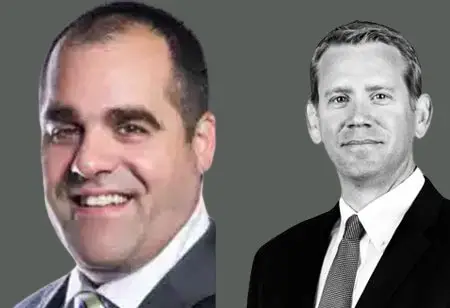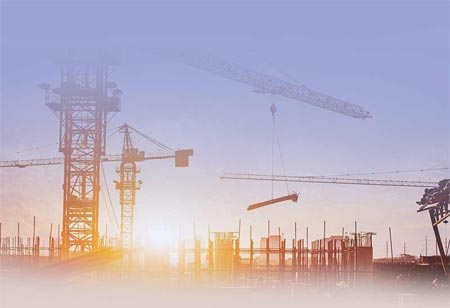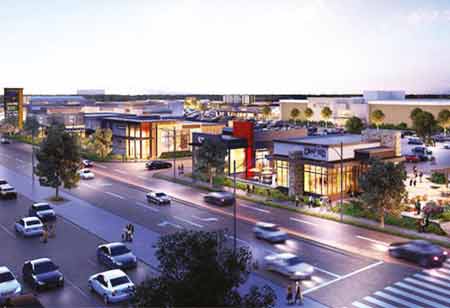Thank you for Subscribing to Construction Business Review Weekly Brief

Innovating the Future of Structural Engineering and Construction
Pooya Roohi is a dynamic leader with two decades of experience in the domain of structural engineering and steel construction industry. With a remarkable history of accomplishments, he has consistently delivered on various strategic initiatives, overseen intricate projects, and built top-performing teams. His passion for constructing bridges and the intricate structures that facilitate connectivity among people and communities defines his professional journey. Currently serving as the driving force behind Canam Bridges US, Roohi continues to shape the landscape of structural engineering with his leadership and excellent commitment to creating lasting, impactful infrastructure.
As the President of Canam Bridges, what are your primary daily roles and responsibilities?
As the President of Canam Bridges US and the General Manager of our bridge plant in Claremont, New Hampshire, my daily responsibilities encompass overseeing all aspects of our bridge operations in the United States. This includes managing the day-to-day business operations, ensuring a healthy profit and loss statement, actively seeking and securing new projects, and effectively executing our ongoing projects to deliver exceptional results to our valued customers.
Could you share insights on the significant challenges and emerging trends that have recently had an impact on the bridge construction and steel industry?
The industry is currently grappling with a significant challenge pertaining to talent shortage. This issue has been exacerbated by the COVID-19 pandemic, leading to the departure of experienced professionals, primarily due to retirements. However, this problem is rooted in a broader, long-term trend spanning approximately the past 25 years, during which there has been a notable deficit in the development of skilled workers in this field. As previous generations have reached their retirement age, the shortage of both workforce and industry expertise has become a prominent and pressing concern within our sector, making it one of the foremost challenges we face today.
Prioritize respect, dignity, and ethical conduct in the construction industry – it’s a business that will flourish when we all work together for the benefit of all
Could you please share some of the recent project initiatives that you’ve been involved in and are particularly exciting to you at the moment?
I’m currently excited about the overall vibrancy of the infrastructure market. Specifically, as a player in the bridge construction business, it’s an exciting time with numerous projects receiving funding, and there’s a surge in the proposal and development of unique bridge projects entering the market. The current landscape and the wealth of opportunities in our industry are genuinely exhilarating.
How do you foresee the construction industry evolving over the next 18 to 20 months?
In the near future, the construction industry’s primary focus will remain on enhancing the worker safety, building upon a strong historical trend of improvement. Automation or semi-automation will gradually play a significant role, demanding a different set of skills but not replacing the need for skilled workforce. The shift towards automation is already underway, although its full impact may take more time to hit the mainstream. Additionally, the industry is increasingly directing its efforts towards green construction and reducing emissions, which are expected to gain further momentum.
What single piece of advice would you offer to a fellow professional or someone aspiring to enter your field?
My advice, which applies to professionals in any field but particularly to the construction industry, is to prioritize ethical conduct and ensure that we treat our employees and peers with respect and dignity. Creating an environment where all parties benefit and cooperate, we can contribute to a more positive and sustainable industries, one that will thrive in the future while promoting collaboration and doing what’s right.








